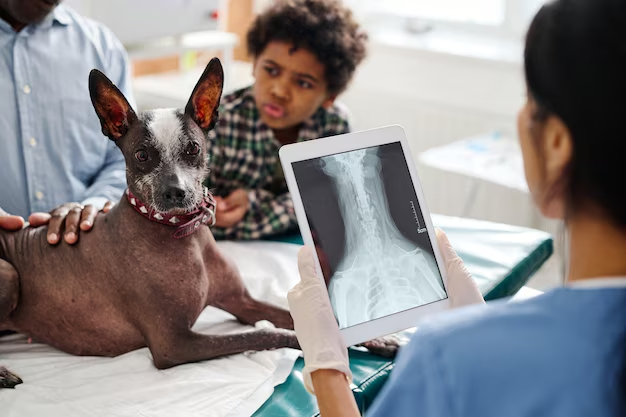Understanding the Knowledge Level of Biological Students
Biological sciences form the foundation of various scientific disciplines, including medicine, agriculture, and environmental science. Evaluating the knowledge level of biological students is essential for enhancing learning strategies and curriculum design.
Assessing Biological Knowledge and Understanding
Understanding a student’s grasp of biology requires a multi-dimensional approach. Traditional methods like written exams and quizzes test theoretical knowledge, while practical assessments evaluate hands-on skills. Conceptual understanding can be measured through problem-solving tasks, case studies, and research-based assignments. Additionally, interactive tools like online assessments, quizzes, and group discussions help educators identify students’ strengths and weaknesses.
Another effective strategy is utilizing Bloom’s Taxonomy, which categorizes learning into levels—remembering, understanding, applying, analyzing, evaluating, and creating. This framework allows educators to design questions and tasks that assess different depths of knowledge, ensuring a comprehensive evaluation of a student’s competency in biology.
Innovative Strategies for Enhancing Learning
To improve the knowledge level of biological students, innovative teaching strategies must be incorporated. Active learning techniques, such as problem-based learning, virtual laboratories, and gamification, can make biological concepts more engaging. Digital tools like simulations and AI-based tutors provide personalized learning experiences, helping students grasp complex topics more effectively.
Collaborative learning environments also play a crucial role in strengthening biological knowledge. Encouraging teamwork through group projects, discussions, and peer evaluations fosters deeper understanding and critical thinking skills. Furthermore, integrating real-world applications and case studies into the curriculum helps students connect theoretical knowledge with practical applications, enhancing their overall comprehension.
By employing effective assessment methods and innovative teaching strategies, educators can ensure a well-rounded learning experience that enhances the knowledge level of biological students and prepares them for future scientific endeavors.

